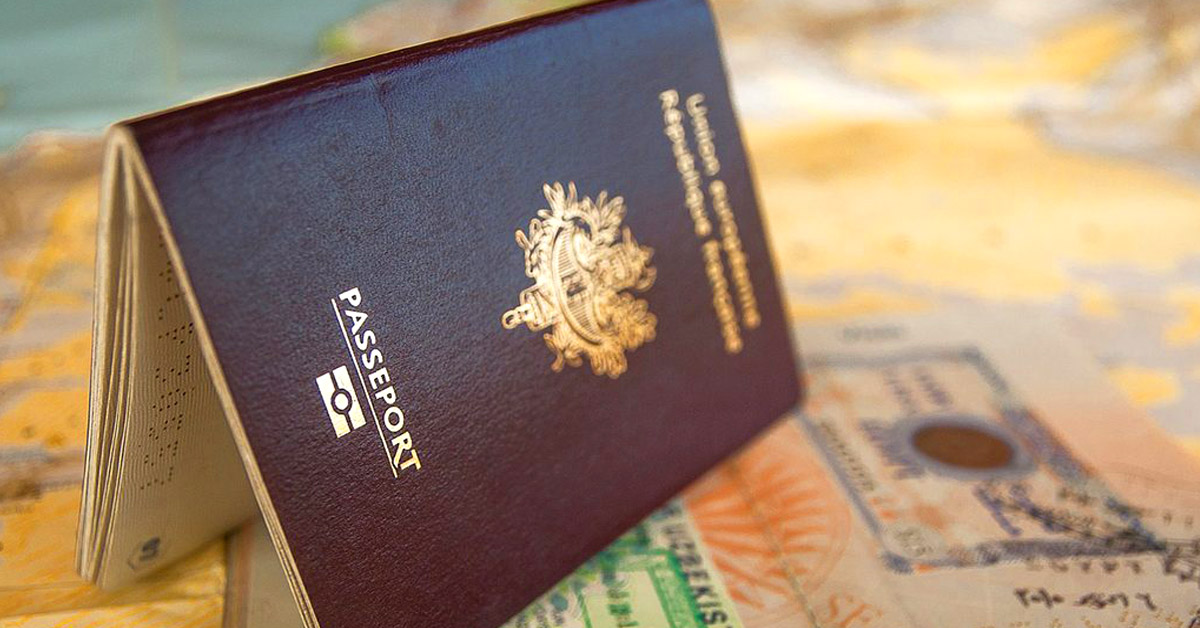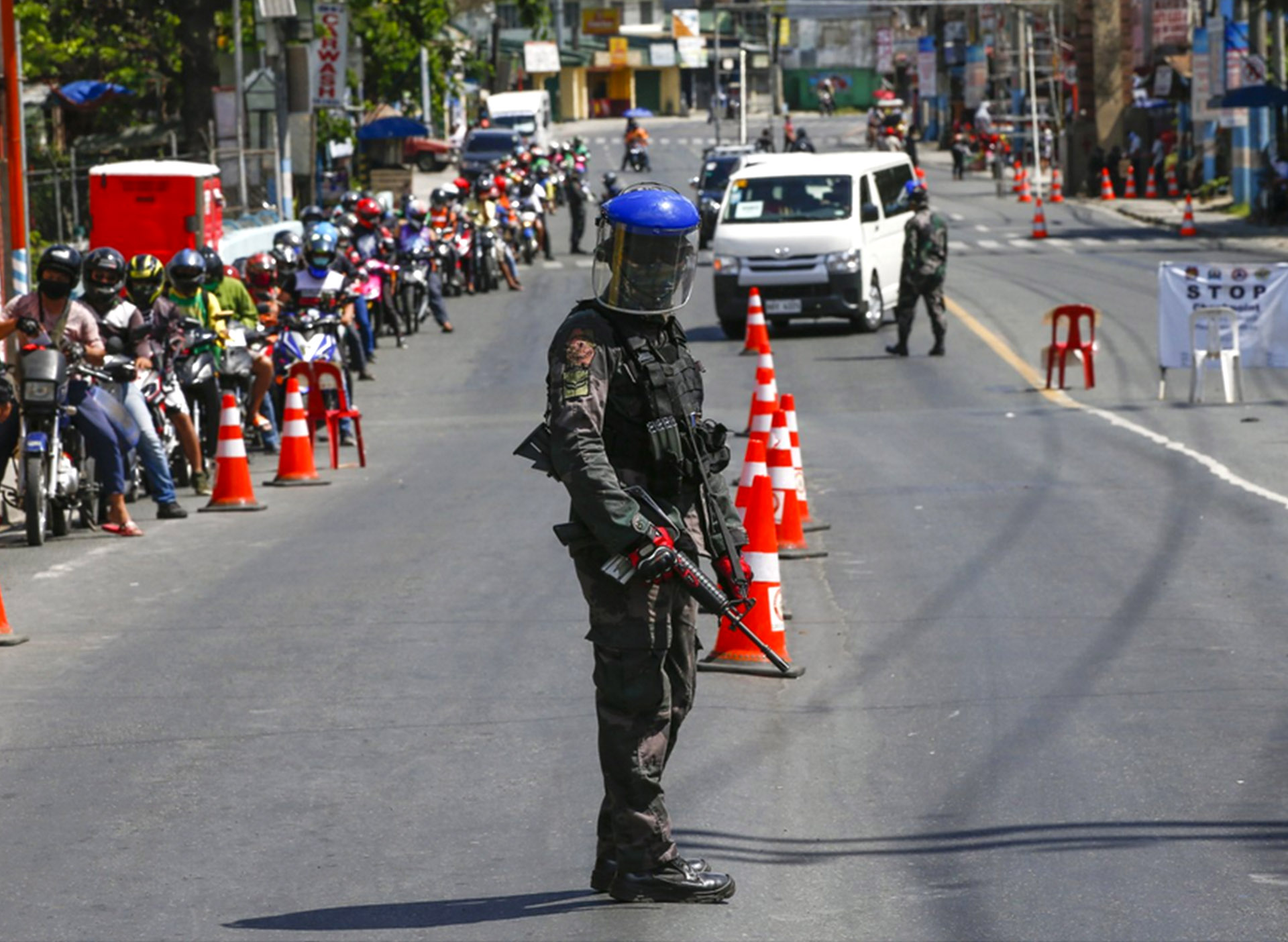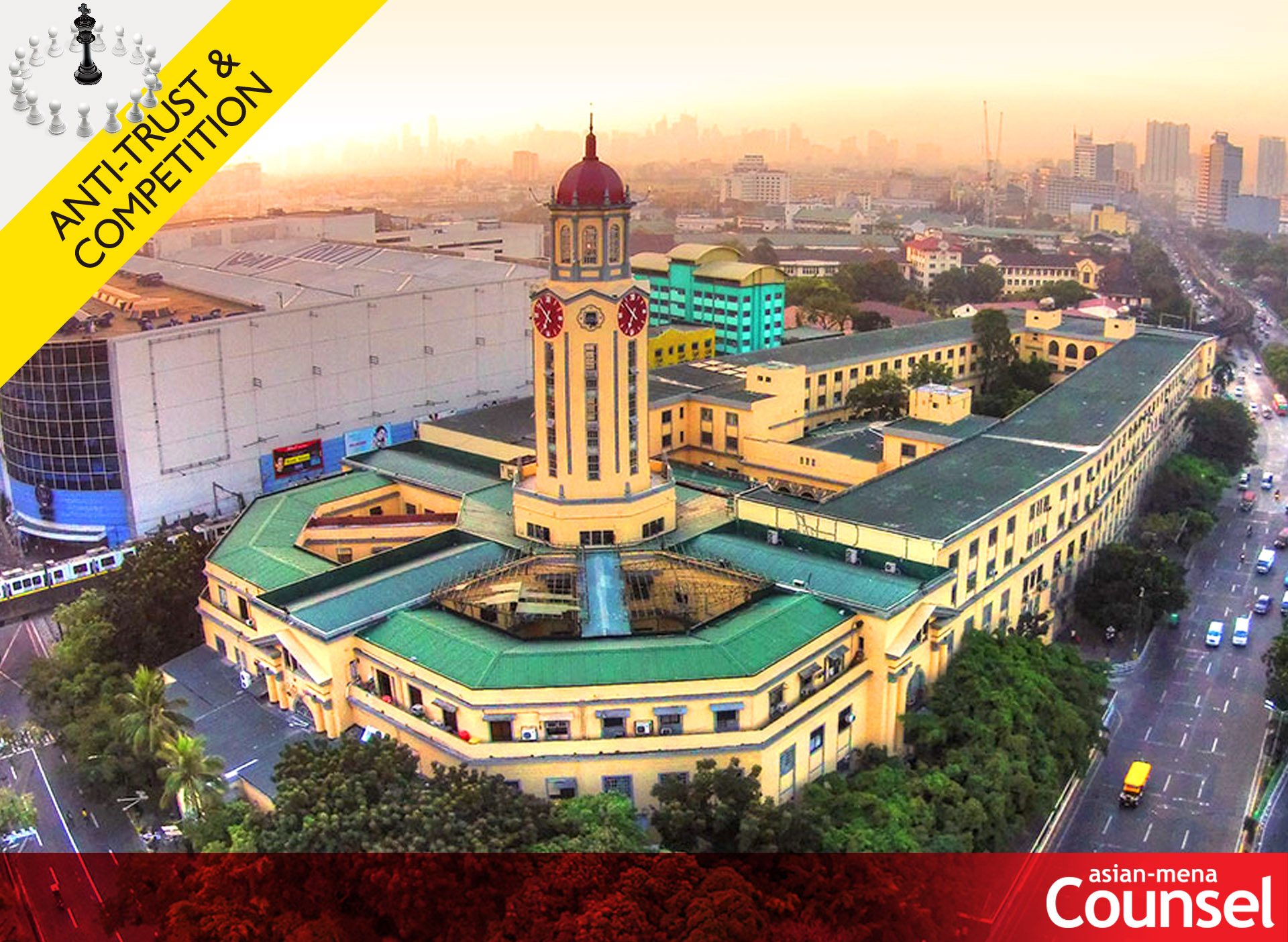 By Raymond C. Sanchez, Jr., ACCRA Law
By Raymond C. Sanchez, Jr., ACCRA Law
Indigenous peoples (IPs) and indigenous cultural communities (ICCs), though explicitly protected under the constitution itself, sadly remain one of the most marginalised and forgotten sectors in Philippine society. Most often than not, IPs and ICCs are known for their mineral-rich ancestral lands and domains that are the usual targets for mining development projects. Unknown to many, however, IPs and ICCs possess other valuable resources, specifically their indigenous knowledge systems and practices (IKSP) consisting of accumulation of age-old traditional cultural methods and beliefs in medicine, genetic resources, ecology, art and language, among others.
Under Republic Act No. 8371 or the Indigenous Peoples Rights Act (IPRA), the law acknowledges that IPs and the ICCs have the right to special measures to control, develop and protect their sciences, technologies and cultural manifestations, including their IKSP.
Pursuant to this legal mandate, the National Commission on Indigenous Peoples (NCIP), the primary government agency tasked to formulate and implement programmes, plans and policies to promote and protect the rights and well-being of the ICCs and IPs, and the Intellectual Property Office (IPO), the main government agency that administers and implements rules governing the registrations of intellectual property rights applications, issued on October 28, 2016, Joint Administrative Order No. 01, 2016 (JAO), which provided the rules and regulations on intellectual property rights application and registration protecting the IKSPs of the IPs and ICCs.
The primary thrust of the JAO is to prevent the misappropriation of the IKSPs of the IPs and ICCs, and encourage tradition-based creations and innovations. Recognising the nature of the ICCs, the JAO reflects two important principles unique to the laws on IPs: the concept of communal property and the free prior and informed consent (FPIC). Rule 4 (b) of the JAO defines “Community Intellectual Rights” as the rights of the IPs and ICCs to own, control, develop and protect the following:
- the past, present and future manifestations of their cultures, such as but not limited to, archaeological and historical sites, artefacts, designs, ceremonies, technologies, visual and performing arts, and literature as well as religious and spiritual properties;
- science and technology including, but not limited to, human and other genetic resources, seeds, medicine, health practices, vital medicinal plants, animals and minerals, indigenous knowledge systems and practices, resource management systems, agricultural technologies, knowledge of the properties of fauna and flora, oral traditions, designs, scientific discoveries; and
- language, script, histories, oral traditions and teaching and learning systems.
Notice that, unlike conventional intellectual property rights such as patents, copyrights and trademarks, which are registered to a specific entity or individual, the intellectual properties of IPs and ICCs are communally owned. Individuals can only act as custodians of the IKSPs, but the intellectual property rights are collectively owned by the ICCs. In addition, the JAO makes references to collective management of the intellectual properties of the ICCs. Rule 7 of the JAO provides that:
“If the author of an artistic and literary creation or the inventor of an invention cannot be identified, but an indigenous cultural community is recognised to have created and owned the artistic or literary work, or invention, this community is entitled to the collective management of their intellectual property rights over these works. These artistic and literary works and inventions of the indigenous peoples refer to tangible and intangible forms in which their IKSP are expressed, communicated or manifested and include traditional music, performances, narratives, names and symbols, designs, and technological innovations.”
As regards FPIC, a major protective measure mentioned in the JAO is that intellectual property registrants must disclose any IKSP that is used in the subject matter of the application and that FPIC was secured from the ICCs concerned. Rule 6 of the JAO states that if this condition is not observed, the registration of the intellectual property which uses IKSP in its subject matter will not be effected. In case a registration has been issued in violation of the JAO, the IPO may, in accordance with its rules and regulations, cancel the registration. Further, notwithstanding the lack of declaration of the use of an IKSP in an intellectual property right application, the IPO may, motu proprio or upon request by any person and after initial evaluation by the IPO, refer the application to the NCIP for purposes of verifying the use or ownership of the IKSP and compliance to the FPIC requirement.
To assist the IPO in determining the use of the IKSP, the NCIP, together with other cultural government agencies, is tasked to establish an IKSP registry. In the absence of such registry, the NCIP or IPs recognised or accredited by NCIP is authorised to certify the ownership of the IKSP by the ICCs. The certification shall also include information on the FPIC compliance.
The views and opinions expressed in this article are those of the author. This article is for general informational and educational purposes, and not offered as, and does not constitute, legal advice or legal opinion.
(Note: This article first appeared in Business World, a newspaper of general circulation in the Philippines.)

T: (632) 830 8000








































 Angara Abello Concepcion Regala & Cruz Law Offices (ACCRALAW)
Angara Abello Concepcion Regala & Cruz Law Offices (ACCRALAW) Emerico O. De Guzman
Emerico O. De Guzman







